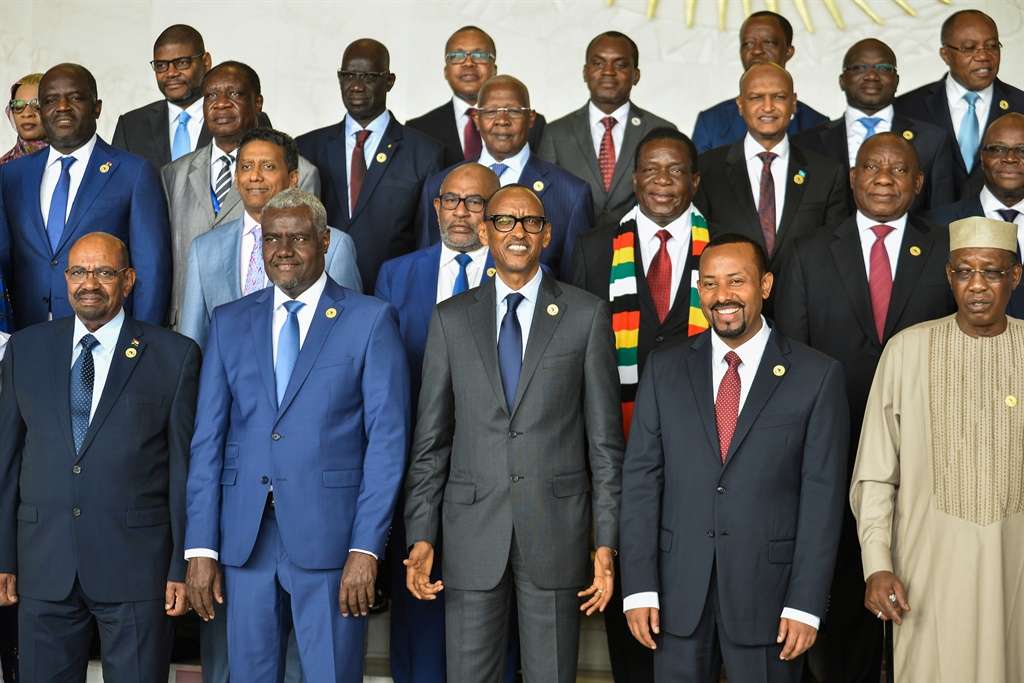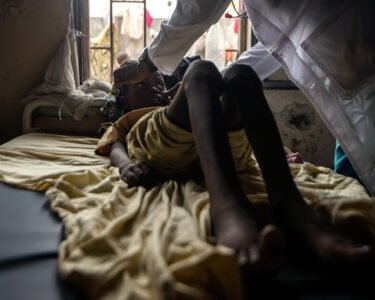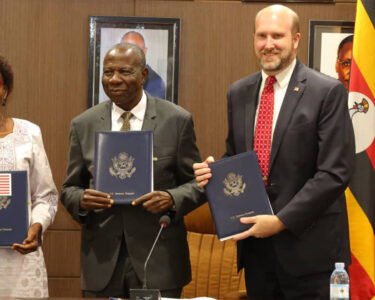As we delve into the complexities of democracy in Africa, it is essential to consider the lives lost since the Western model of democracy was introduced to the continent. In the late 1950s, colonial powers suppressed nationalist movements and installed post-independence puppet leaders whose parties were often rooted in tribalism, regionalism, or religious fundamentalism. These parties flourished as long as they served Western interests. Since then, the continent has endured civil wars, coups, rebellions, and terrorism, resulting in significant loss of life.
More than eight decades after the first African nations gained independence, the true meaning of democracy remains elusive for many Africans. The continent is often preoccupied with elections, term limits, peaceful transfers of power, and constitutional order, yet these concepts have not necessarily improved the conditions of its people. Several factors contribute to this, but colonization, miseducation, and poverty stand out as the primary reasons why Africans continue to adhere to systems that may not serve their best interests.
Building on Colonial Legacies
The governance structures in African countries are inherited from their colonial masters. Western nations had experimented with various systems of governance before settling on their current forms of democracy. Notably, Western democracy varies, with parliamentary systems granting executive power to the prime minister and presidential systems to the president.
Post-independence leaders in Africa adopted multi-party electoral democracy without considering which form of government might be most appropriate for their new nations. In many cases, the populace was drawn into the traps of tribalism, regionalism, and religious fundamentalism by a few elites. Elections often did not result in the selection of effective leaders, leading to entrenched nepotism and corruption. Since the 1960s, many African governments have been overthrown by military coups, armed rebellions, and Western interference, despite the existence of electoral processes. Only a few countries on the continent have succeeded in uniting their citizens around a common vision for governance and economic development.
The Impact of (M)iseducation
There is a notable gap in the contribution of African countries to global knowledge in social sciences, including political science, sociology, anthropology, and administration. Consequently, Africans have often adopted dominant ideas from other regions and governed their nations in ways similar to those in America or Asia. This has been detrimental to the continent, fostering instability.
In the 60s and 70s, proponents of democracy argued that Western liberal democracy was the only path to prosperity. However, the success of the Asian Tigers, including China and Singapore, which followed different governance models and achieved unprecedented economic growth, challenges this notion.
Instead of learning from Asian examples and exploring alternative governance models, African intellectuals often continue to focus on term limits, elections, and constitutional order, engaging in endless debates about the length of a leader’s tenure. This highlights a flaw in the education system: the suppression of critical thinking skills.
Examples from Rwanda, Uganda, and Cameroon illustrate this point. Rwanda, under consistent leadership, has become a favored destination for tourism and conferences, including those hosted by Western organizations and private investors. This stability would not have been possible under the tribal politics of the 90s, which culminated in the Genocide against the Tutsis. In contrast, long-serving presidents Paul Biya and Yoweri Museveni have made Cameroon and Uganda food-secure countries, largely due to prolonged stability and the absence of rebellions and coups. While these countries have areas for improvement, continuity and stability offer advantages that should be preserved in the quest for meaningful democracy. Unfortunately, the suppression of critical thinking by the education system prevents these important discussions from occurring.
The Poverty Mindset
Poverty is another factor influencing governance in Africa. Many African countries adopted Western liberal democracy not because it was suitable for them but because they needed financial support from institutions like the World Bank and the International Monetary Fund. These institutions imposed conditions on their loans, including the adoption of liberal democracy. As a result, African countries accepted systems they did not fully understand, leading to conflicts and instability that prevent them from repaying these loans, keeping them in perpetual debt and costing them human lives.
Colonialism, neo-colonialism, colonial education, and endemic poverty have created an inferiority complex among Africans. This mindset leads them to embrace Western ideologies, even when they are detrimental. This has perpetuated wars, poverty, and governance issues, resulting in a state of “polycrisis.” Africa is in a polycrisis, and only enlightened leaders can provide the right direction.
As Rwanda prepares for elections on July 15, 2024, it is a moment to reflect on the country’s progress since 1994. Rwanda has made significant strides in infrastructure, education, healthcare, and political stability under President Kagame’s leadership. This is a time for Rwandans to set aside colonial-influenced divisions and vote for efficiency, stability, and economic development.
Africans must reflect on the continent’s governance issues, which have led to military coups, terrorism, failed states, rebellion, poverty, hunger, and endemic diseases. African think tanks have a responsibility to redefine democracy in an African context to avoid turning Agenda 2063 into empty promises and prevent a desperate future for the continent.





